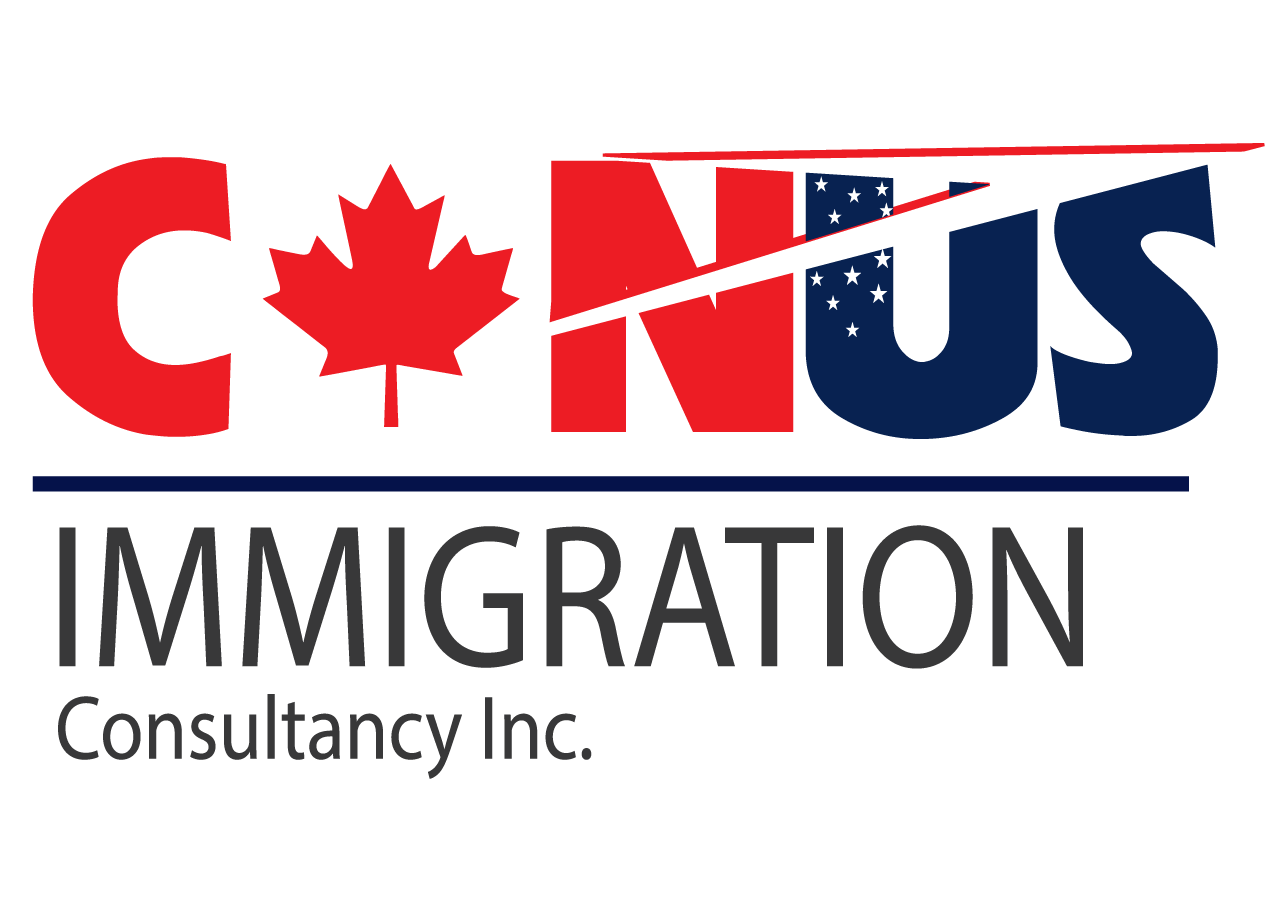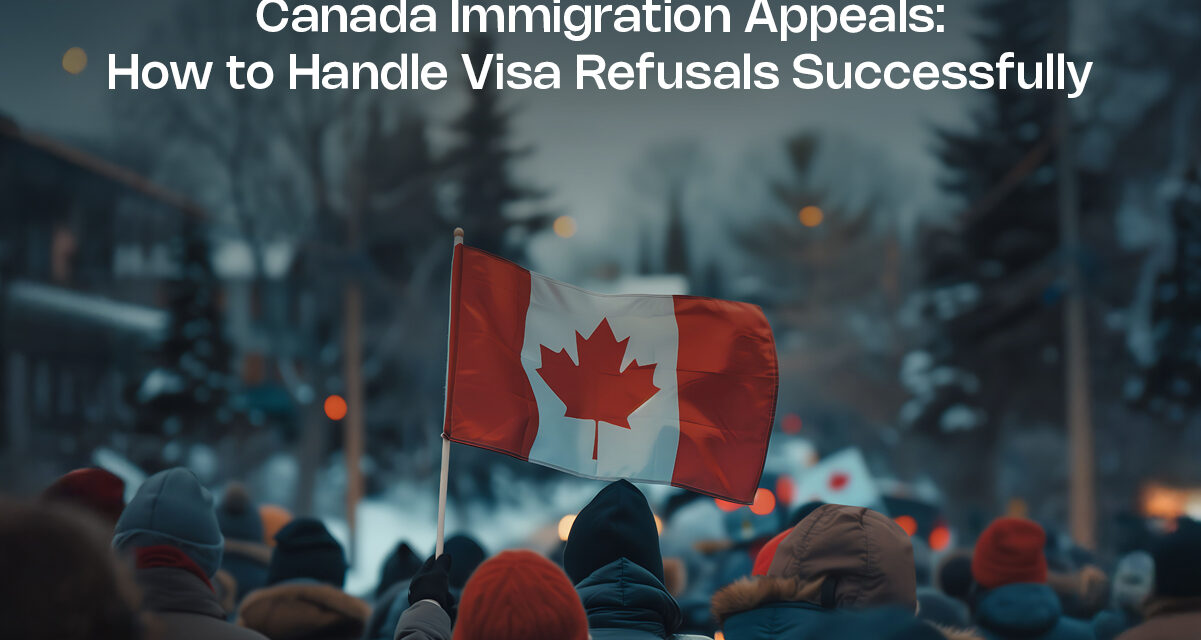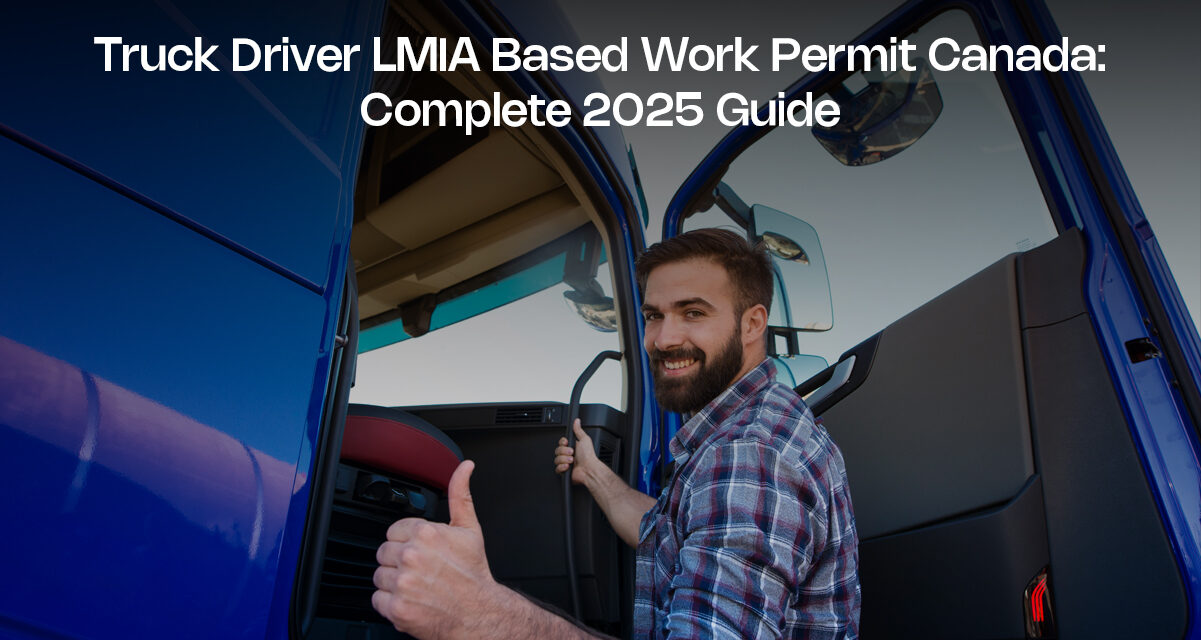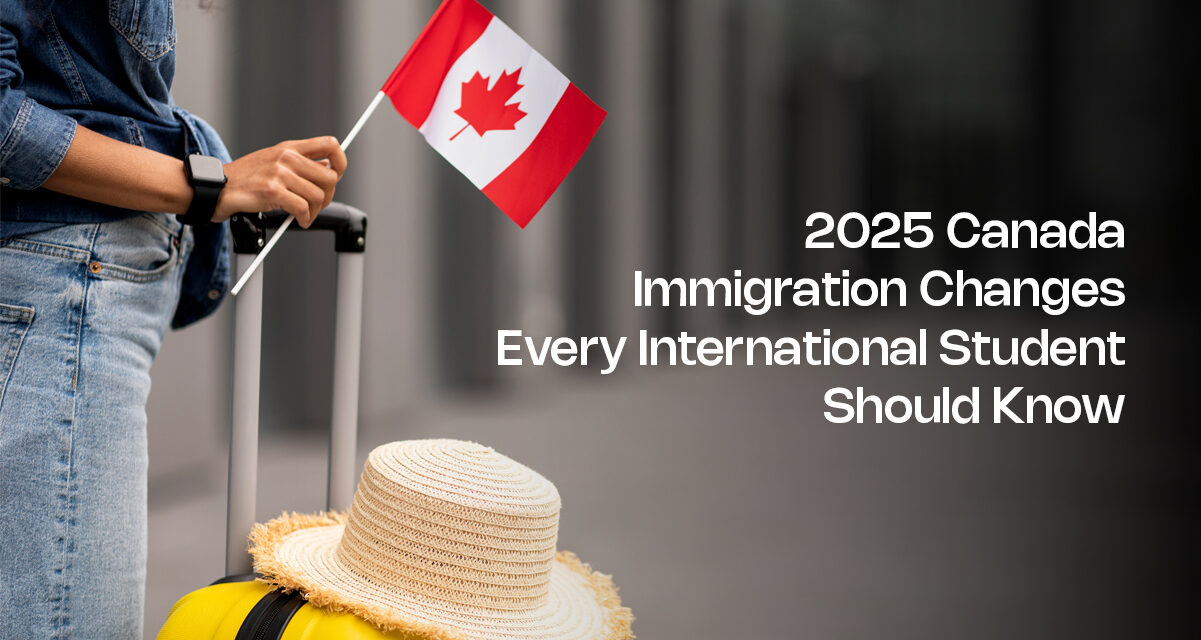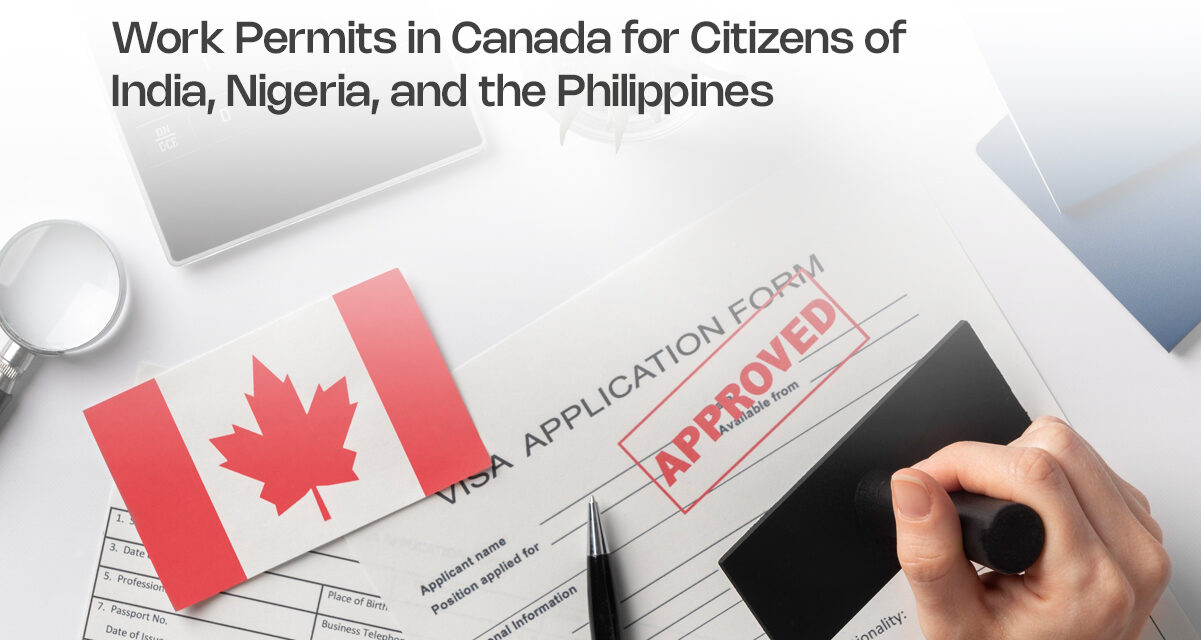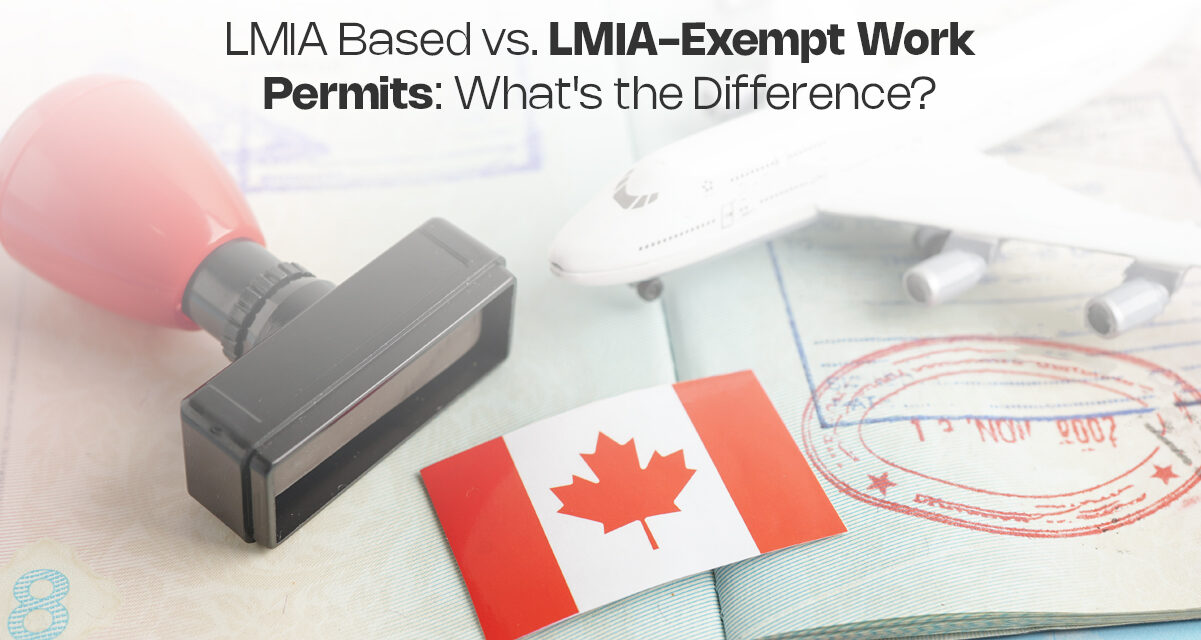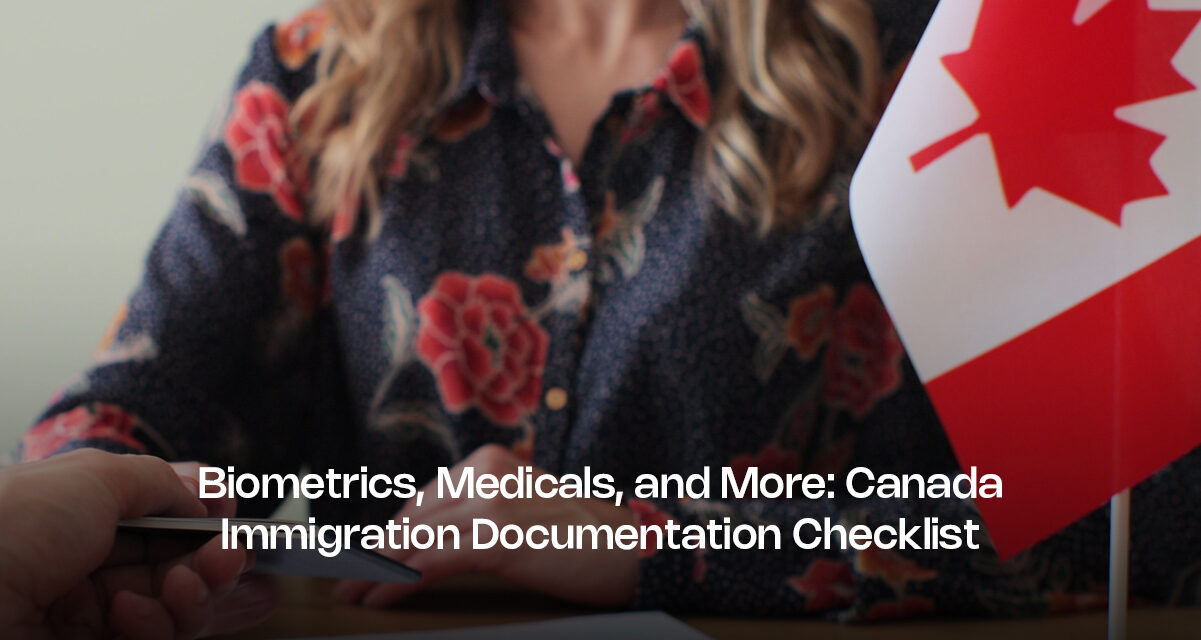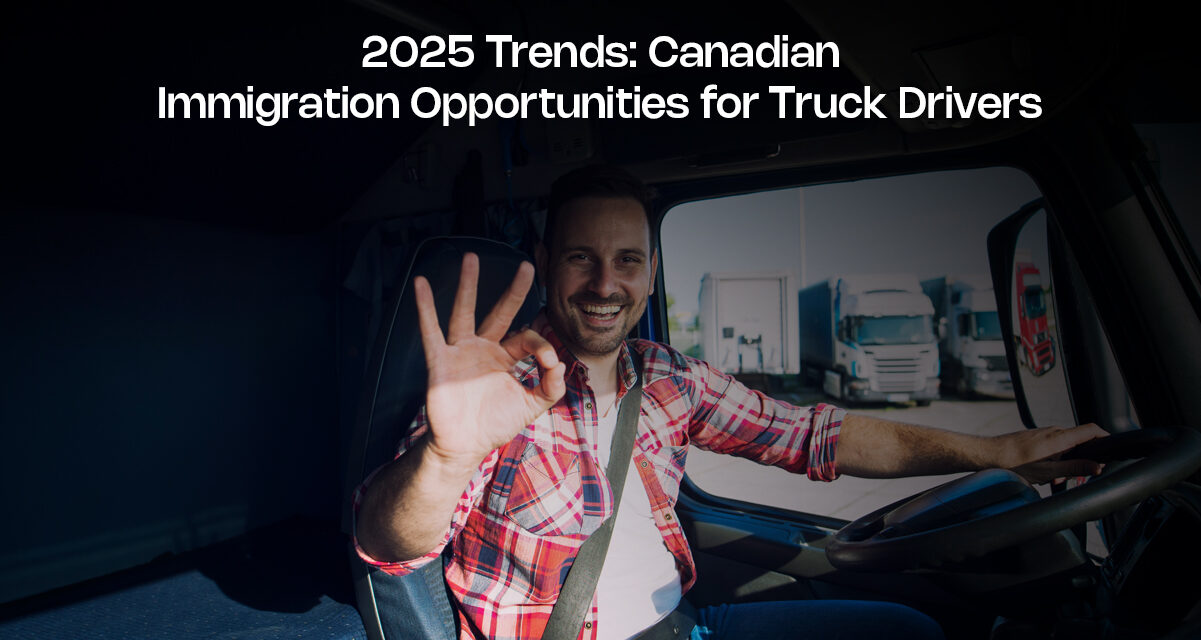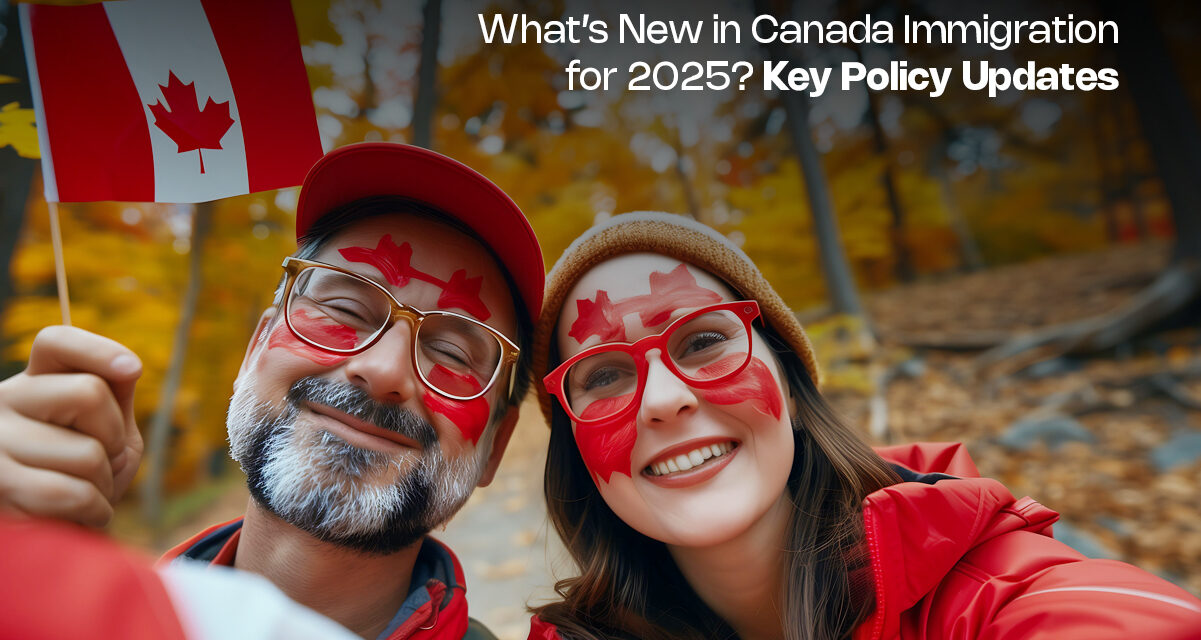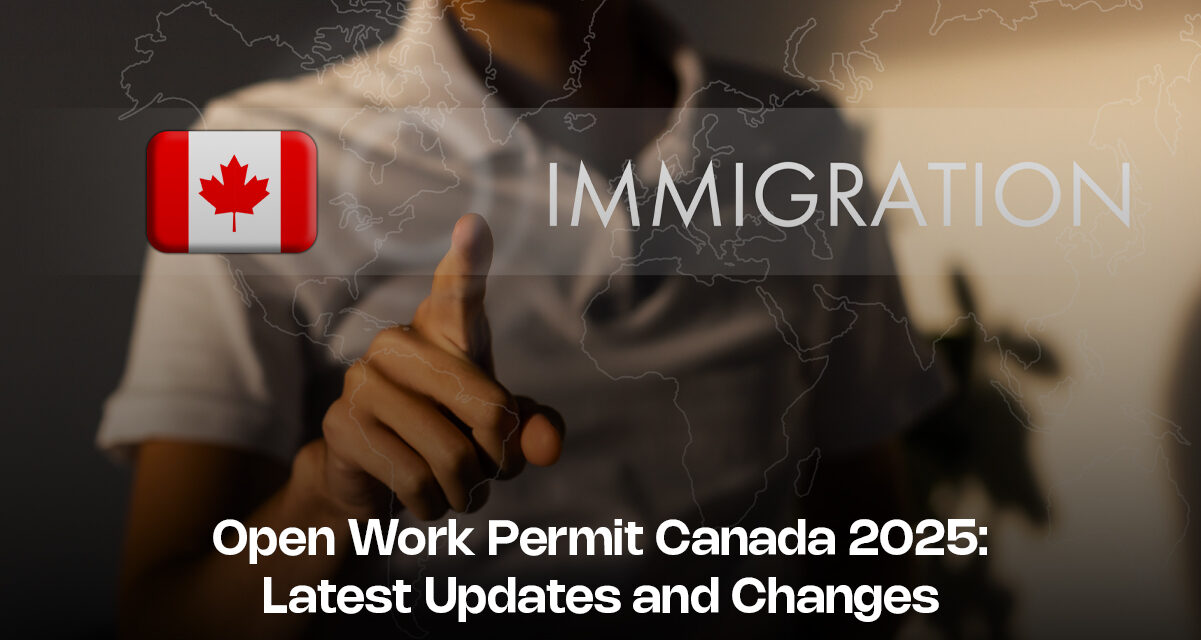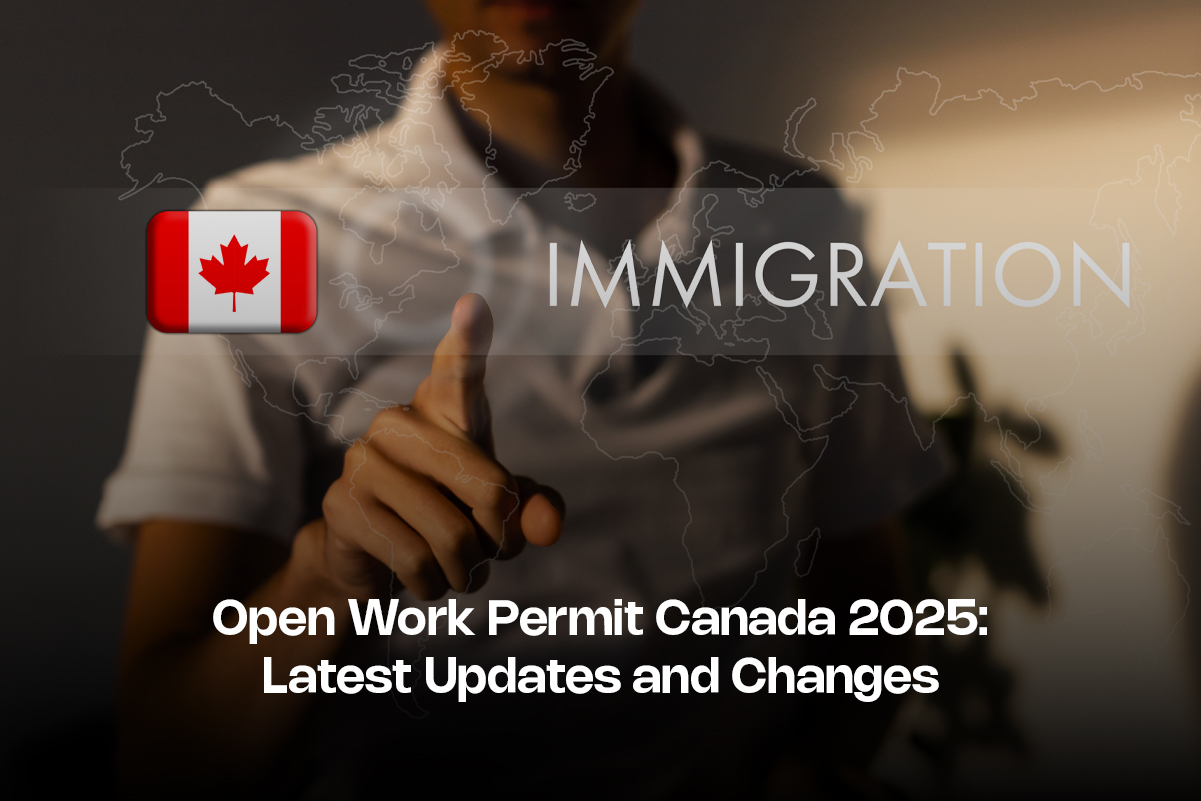Canada Family Sponsorship 2025: Step-by-Step Guide for Spouses, Children, Parents & Grandparents
Canada Family Sponsorship 2025: Step-by-Step Guide for Spouses, Children, Parents & Grandparents Ever wondered how thousands of families reunite in Canada every year? The answer lies in Canada’s robust family sponsorship program. This system allows Canadian citizens and permanent residents to bring their loved ones to live permanently in the country. Family reunification stands as...
